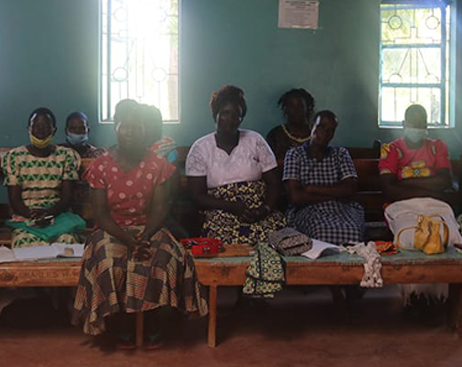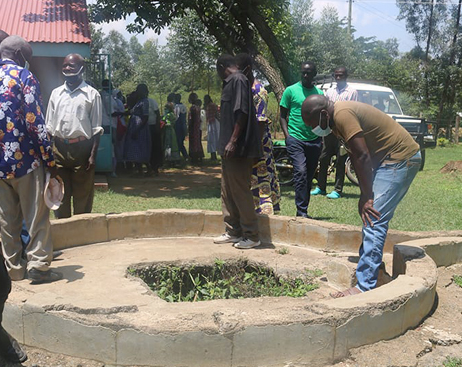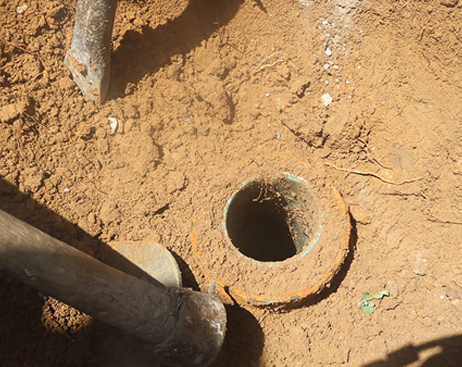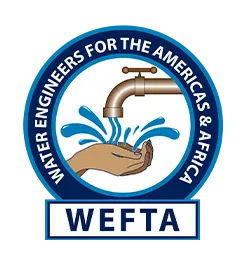
Mungakha Community Water Project
$19,773 still needed to complete this project
Total Project Cost: $26,312
Project Location: Matungu, Kenya – East Africa
Community Background
The community of Mungakha is located in Kakamega County in the western part of Kenya. Mungakha is a rural community with no access to centralized service utilities such as clean piped water. Most families subsist on farming (maize and beans) for their livelihood. The sugar cane industry collapsed in this area leaving most communities without a source of cash income.
In 1981, the community of Mungakha benefitted from a groundwater well (borehole) from the Kenya Finland Cooperation Programme (KEFINCO). The borehole was installed within the premises of Mungakha Anglican Church of Kenya (ACK) and installed with a NIRA-85 handpump.
In 2010, the hand pump failed. After many attempts to revive the hand pump using local volunteers and materials, the well and pump were abandoned, leaving the community at large without access to water.
Water, Sanitation and Health (WASH) Concerns
Mungakha is currently relying on an unprotected spring and River Sio for their source of water. The spring is located approximately 2km from the church premises which is more central. Students at Mungakha primary school carry water in jerricans (5 gallons) to school every morning for the water needs of the school for drinking, hand washing and cooking. Seeing the need for community WASH improvements, Mungakha ACK made a request to WEFTA for a solution to the lack of WASH resources in the area.
Proposed Project
The proposed project will provide clean water for approximately 3,000 people including St. Stephen Mungakha primary and secondary schools, the church facilities, and the community. SAWASHI will drill a borehole within the church premises and equip it with a solar pump and elevated storage to serve the healthcare facility (HCF), Schools, Church and Community. There will also be a sanitation/hygiene component with hand washing stations throughout the facilities, and public toilets for patients, HCF staff and the community.
Sustainability Considerations
The community will mobilize to form a water management committee. The water committee will be trained on sustainable project and business management models. The benefiting community will be trained on WASH principles. Local artisans as “first responders” will be trained on operation, repair, and maintenance of WASH improvements.
Community Engagement
During project implementation, the community will provide training venues and locally available materials such as bricks and sand. The community will also ensure the project is appropriately secured. During regular operations, families, the church, and the schools will pay monthly fees towards operation and maintenance of the new WASH assets.
WEFTA Volunteers
WEFTA will donate engineering and post-construction follow-up to this project equating to 10% of the total project cost.
If you would like additional information about this project, please contact us.
Donate to Mungakha Community Water Project



In Kenya, more than 40%
of the population does not have access to safe water.
This project will positively impact over 3,000 lives!
Our commitment is to the long-term success of the projects we’re involved with and it doesn’t stop when construction is complete.
